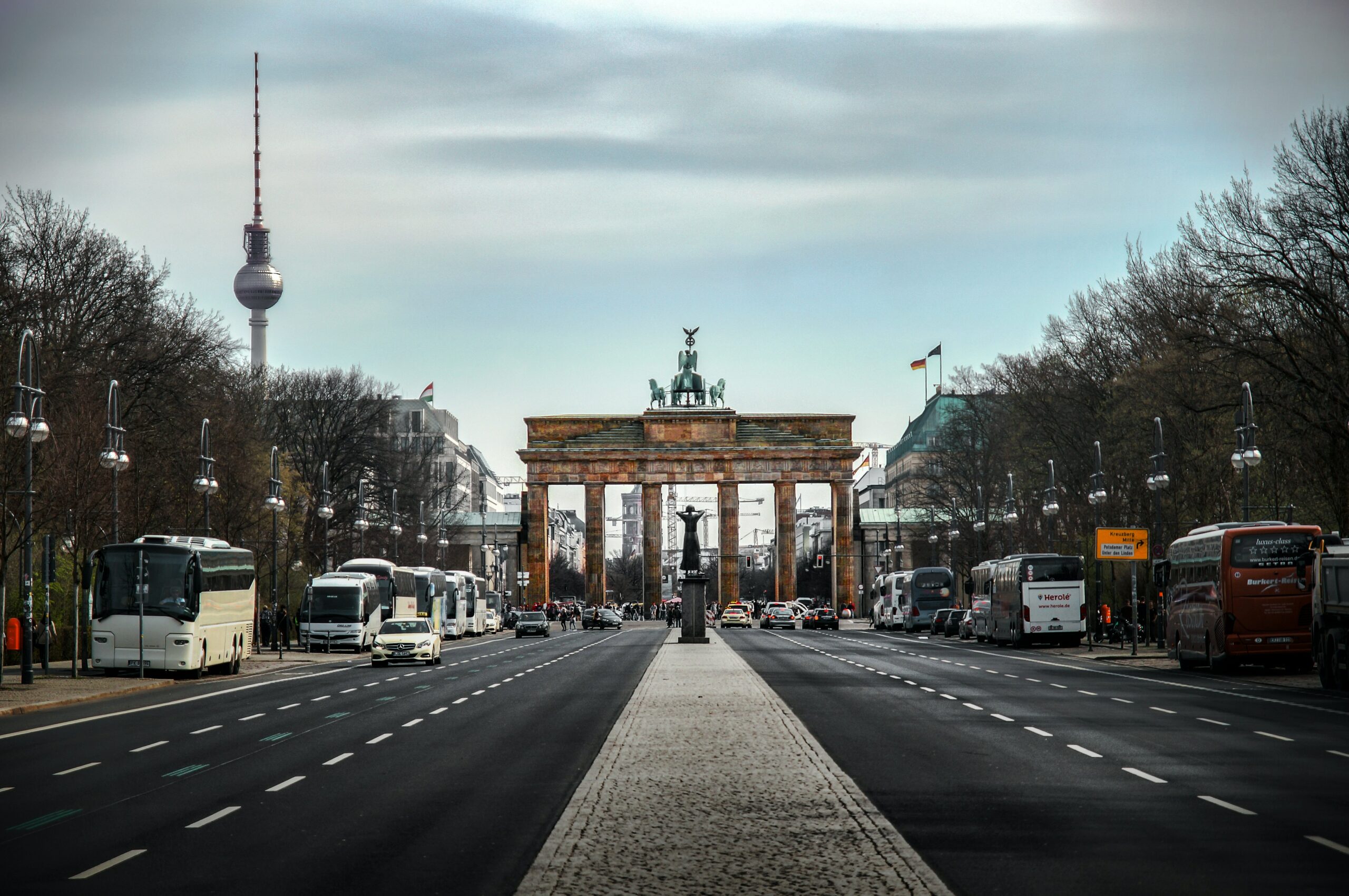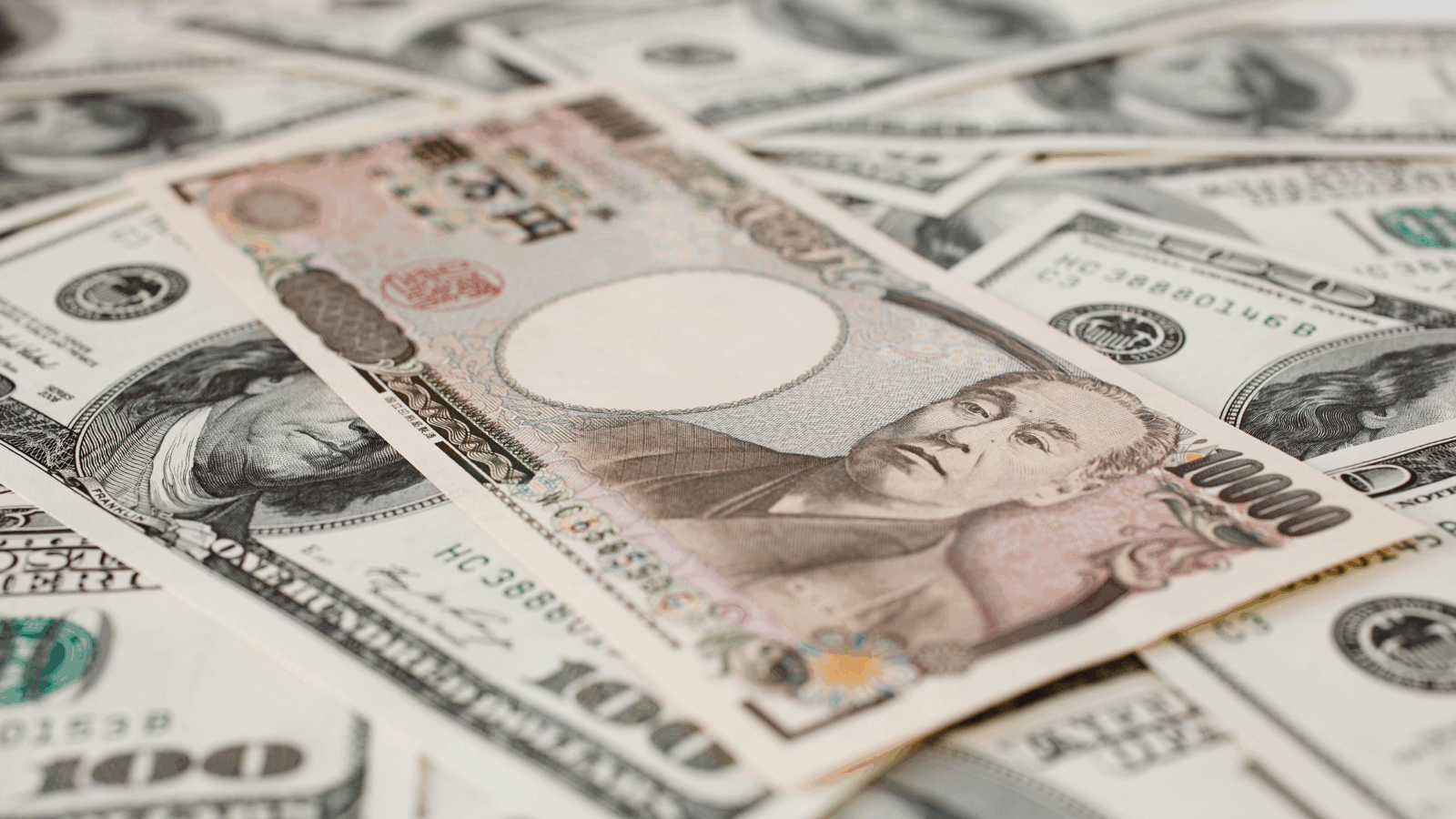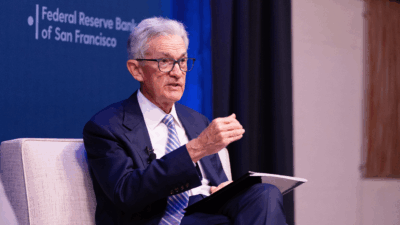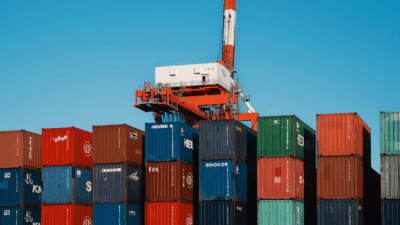Germany Has a Cold
Germany’s position as an economic and industrial powerhouse has been compromised after a decade of monetary success.

Sign up for smart news, insights, and analysis on the biggest financial stories of the day.
Germany may no longer be the sick man of Europe, but it definitely can’t shake its cough.
For the past decade and a half, Germany has been regarded as one Europe’s most well-oiled machines, but Russia’s war in Ukraine and the global financial climate has upended its position as an economic and industrial powerhouse.
Here’s a Tissue
Even though the world rejoiced seeing the Berlin Wall crumble in 1989, it took a while for Germany to get its groove back. By the time the developed world was hit with rampant unemployment from the 2008 financial crisis, Germany’s labor market really didn’t take a hit, which allowed its manufacturing sector to succeed in the years after the Great Recession. Known for its engineering prowess, Germany has become a top global seller of cars, heavy machinery, and electrical equipment to the rest of the world.
And given that both manufacturing and exports are very strong contributors to Germany’s economy, it’s less than ideal when both elements are facing headwinds:
- After Russia invaded Ukraine, most of Europe distanced itself from Moscow including Germany, which received 55% of its gas from Russia. Putin started cutting off Germany’s gas supply, and Germany halted Russian oil imports at the start of this year. The energy crisis combined with global inflation led to diminished production and a very cold winter for Germany. High energy prices continue to risk deindustrialization that could have companies aiming to set up factories and offices somewhere cheaper.
- Germany’s once-thriving trade operations have turned stagnant and are weighing down the country. Since the start of 2022, net exports have been a drag on the economy in four out of six quarters, ING reported. Elevated prices in manufacturing have sapped demand, and China, which has been one Germany’s largest buyers, is now less of a partner and more of a competitor. De-risking goes both ways.
Feeling Better, Sorta: The German government reported that GDP will contract by 0.4% this year, and the International Monetary Fund expects it to be the only major economy to not grow in 2023. But 2024 could be a tad bit better. Economists told Reuters that Germany’s GDP is likely to grow by 0.7% next year. The key is reviving the nation’s aging labor force and investments in major markets like chip production. Intel and TSMC already plan to build factories in Germany thanks to about €15 billion in subsidies. So unfortunately, there’s no time for bed rest.











